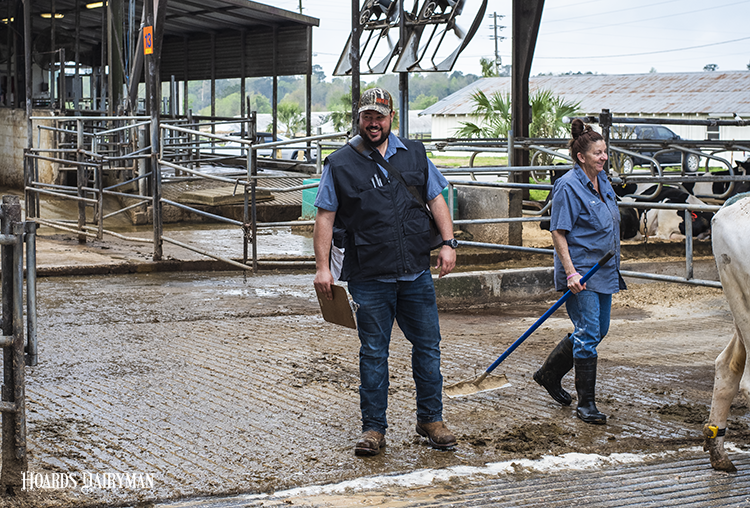
“It will be a disaster!” That was my thought last month when I learned that my laboratory technician was moving to another state and, therefore, leaving the laboratory in September.
“Who will analyze my samples? Who will train and supervise the students? Who will order chemicals and supplies? Who will enforce safety? Who will organize the lab? Who . . . who . . . who?”
I asked all those questions myself. To me, a tsunami was coming given that my most important employee was about to leave a void that I could not fill in the short term.
It happens on the farm
Because this same scenario is not uncommon on a dairy farm, following are some keynotes I want to share about how to work through the situation. Maybe these can help managers handling a similar situation at their farms.
Do not panic and rush. Under most circumstances, the outgoing personnel need to be replaced as soon as possible. However, sometimes we tend to think this is true when they might not be needed. This thinking can be compounded by the anxiety generated by the situation. The key question is whether or not you can take some time to hire the right person instead of hiring the first available candidate. Remember that hiring the wrong person can be more chaotic than taking extra time to hire the right person.
Write protocols. In the last eight years, we have made several mistakes in the laboratory. To counterbalance this, our greatest accomplishment throughout these years has been writing detailed protocols. Having well-written protocols is critical to attenuate the bumps of a personnel transition. Protocols will help the farm sustain productivity and train new employees in the very short term. Make sure you have all protocols in good shape before your key personnel leaves
Learn tasks. In most transitions, newly hired individuals will have to be trained. Depending on the circumstances, the owner, director, or manager of the farm might become the trainer. Therefore, planning ahead and receiving some training before the outgoing employee leaves can be very useful for the transition. In addition to becoming capable of training others, you may find areas of improvement for the different tasks. This can bring refinements for the future.
Communicate and trust your team. If the farm has to sustain productivity, hopefully it has an efficient and effective team to trust. If that is the case, let the farm team know the goals, concerns, and priorities during the transition. Also encourage teamwork and communicate expectations clearly to put everybody on the same page.
It is late September now, and almost two weeks have passed since my laboratory technician left. I cannot deny I am still relying on my former technician over the phone on a daily basis to ask questions, details, and clarifications. However, it is also true that the laboratory is running on its own. It has been a bumpy transition for sure, but the void has been filled as we could. After all . . . it is all about management!








